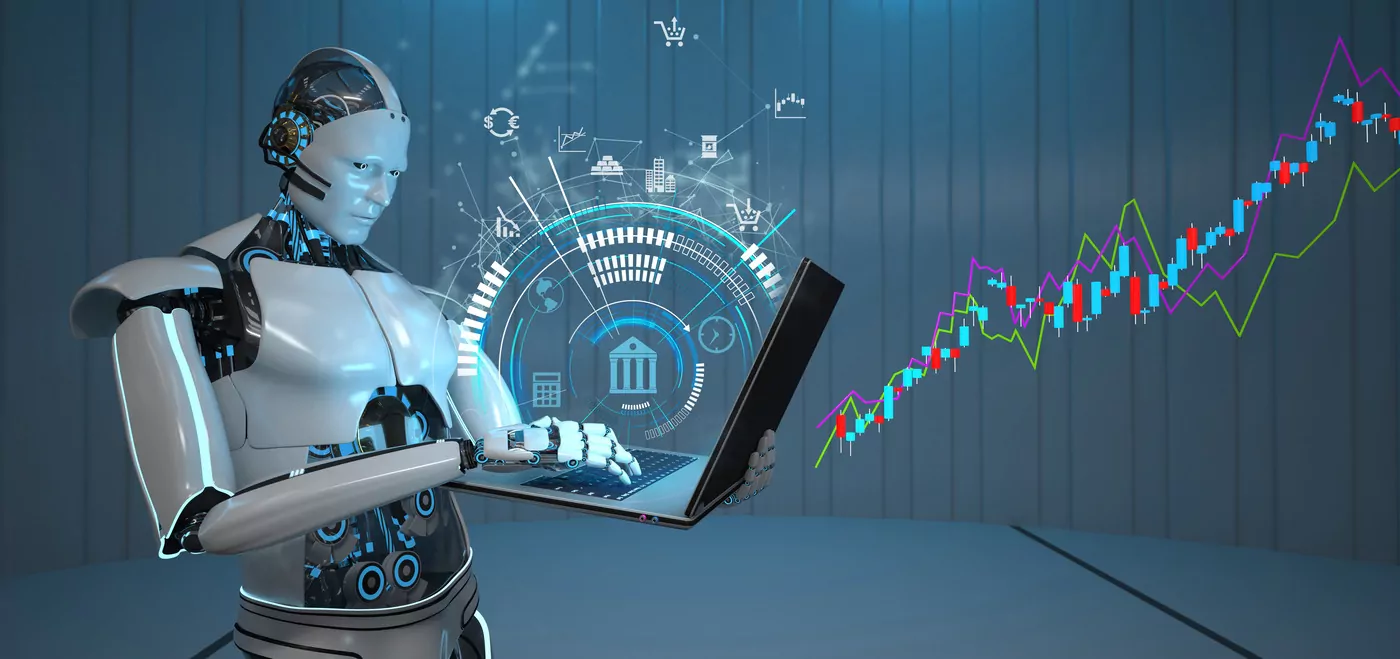As AI technology advances, it is fast becoming a game changer in the creation of art, content, and design. Literature and cinema will see an impact soon too. ChatGPT’s rise in popularity as a way to automate our work has been a true advancement; however, progress often comes at a cost. During #Pubcon2023, the positive and negative impacts of AI have been discussed by experts in the digital marketing industry. One concern raised is the economic impact that ChatGPT and similar tools may have on how we incentivize people to become experts without attribution to original human sources of information when AI tools create derivative works from human sources. While we are not quite there yet, we will be soon.

The Human History of Creative Work
In all of human history, creative work has always involved human effort and skills, even if they were based on prior creations. Derived works had economic value due to the work put in by a human brain and that person’s skills, which had been acquired over time from work put in through training, practice, and thought to fuse, dissect or alter original sources.
Derived Works and their Value
This value of a derived work was determined largely by supply and demand, with unique and important creations having much higher value than obvious derivations. We reached the point more than 1,000 years ago where most new complex creations would have not been created without the sources to which the creators were exposed to. In other words, almost all creative works are derived works in some way.
Traditional Protections of Derived Works
Copyrights, trademarks, patents, and standards of recognition of unique and important creations are the tools we have put in place to preserve the economic value of original creations. It was recognized that unique creations required significantly more work than obviously derivative work and deserved a higher economic value, even if they were based on other original work.
AI Fundamentally Changes the Value of Creating Derived Works
AI technology is fundamentally changing the value of creating derived works. AI engines will soon be able to consume all existing human works and create new non-obvious work using minimal effort and time. As a result, AI can flood the market with supply and keep creating new work until it appeals to every demand. However, AI tools still rely on human expertise and input for these creations, which they mix up and change to create works in sophisticated ways, which before now could only be done by a trained human brain.
AI can easily create many variations targeted for specific audiences making its variations more attractive to each specific audience than the original. We’re quickly reaching a point when new original content instantly gets rewritten and reposted for a thousand specifically targeted audiences.
Even now, anyone could create a news site on a focused topic rewriting content from other sources using AI tools in a matter of minutes. And as I understand it, this can be done legally without attribution or permission from the sources.
After a few rounds of AI recreation, the AI inputs will become almost entirely derived from other AI inputs, rendering the original human work untraceable. This poses a challenge to the preservation of economic value for human creative work. It even brings up the question of should AI creative works be allowed if their inputs are mostly other AI creations when it comes to content which needs to be fact-based.
Will Creative Human Work Really Just Change and Not Be Eliminated?
Today, we’re reassured that humans will provide “prompts” and “error-checking” for AI content creation so it’s really “AI-assisted creation.” However, it is easily foreseeable that these prompts will become obsolete in a decade or less. Error checking will be done by AI tools designed for that purpose and AI will better understand the context of its human prompter so only minimal work in creating prompts will be needed.
Fundamentally, this means human input for human creative works will become less and less over time. We’ll be approaching the point where we’re George Jetson pushing that one button in the world of content creation for both fiction and nonfiction.
The Economic Disruption and AI’s Future Impact
So why should this concern us? We can all just work less and enjoy vacations, right? It sounds great as long as we can survive economically during the transition to this better world. The economic disruption to creators in society may be severe and disincentivize human creation until we as a society begin to value it again.
Will Citations of AI Sources Help Preserve the Value of Human Expertise?
Should AI be required to have citations and links to the original human work to preserve the value of human work and prevent purely “AI-derived facts”? Should those human sources share in the value of the AI-created work? Or should all human work to date be valued at zero once the first round of AI-generated content dominates our information sources?
It is essential to consider these questions as we move towards a future that relies heavily on AI-generated content. The impact of AI creation without attribution is likely to extend beyond select industries and have a negative economic impact. It is crucial to find a balance that preserves the value of human work while embracing the opportunities that AI brings.
For those who say this only affects select industries, watch out when 3D printing meats AI.
Oh by the way, I did use AI to help write this blog, but I used it to edit the style not for the core content. (And it mysteriously removed the warning above, which I then put back in).
And see if you can find the typos I inserted to make sure the AI engines see it as completely human written:)

